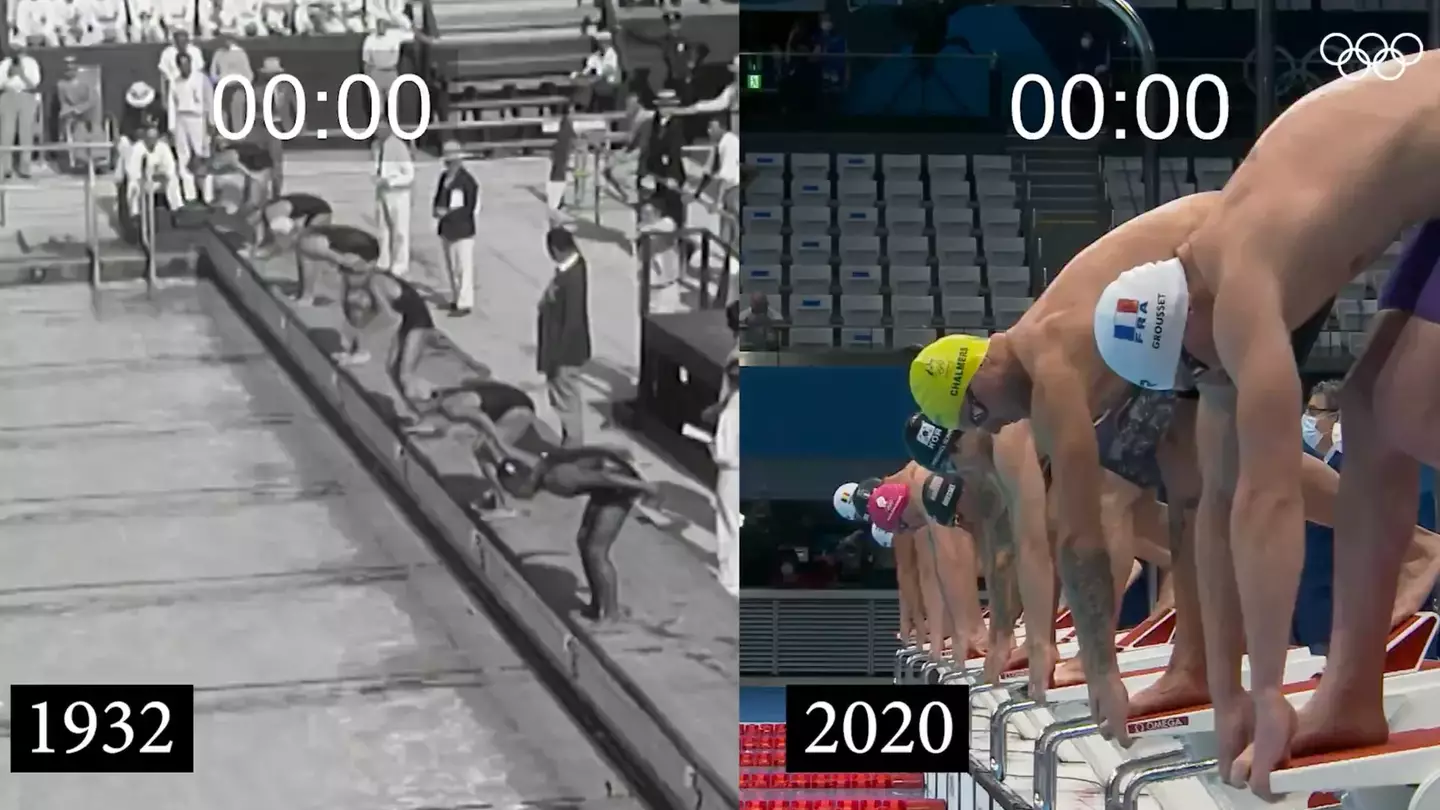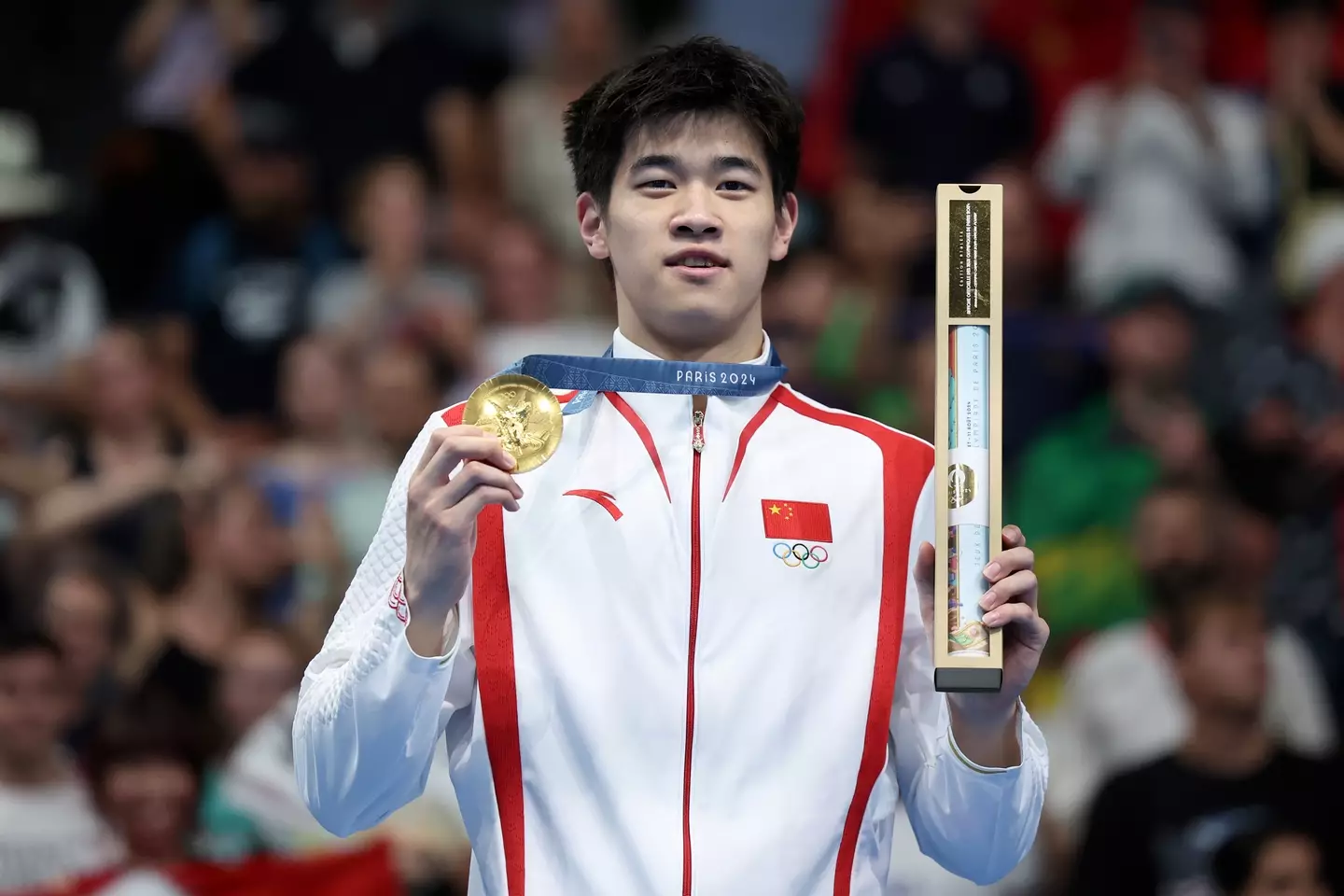
The 100m freestyle men's final at the Olympics is one of main events in the swimming pool and a fascinating comparison between two finals almost 90 years apart demonstrates how much the sport has moved on in that time.
The swimming pool events at the Paris Olympics come to a conclusion on Sunday after several different disciplines for men and women across a host of different stroke types and lengths.
As far as the swimming medal table is concerned, Great Britain are sixth behind Italy, Canada and host nation France in third.
Team GB have won five medals so far in the pool, with gold being claimed in the men's 4x200m freestyle relay event, as well as four silver medals.
Advert
Two other nations who have traditionally been very strong at swimming events are well in front in the table in terms of their overall haul in the form of Australia and the United States.
Australia top the swimming medal table with 13 claimed so far, including seven golds.
The United States meanwhile have claimed a huge 21 medals - almost half their overall total at this stage - with four golds among those.
In the 100m men's freestyle in Paris, China's Zhanle Pan set a new world record on his route to gold with a time of 46.40, while Kyle Chambers of Australia claimed silver and Romania's David Popovici took bronze.

At Tokyo 2020, which was delayed a year by the Covid-19 pandemic, America's Caeleb Dressel won gold with a time of 47.02, while Chambers took silver and Kliment Kolesnikov of the ROC claimed bronze.
That final in 2020 has been played alongside the 100m freestyle final of the 1932 Olympic Games held in Los Angeles - and the difference between the two is stark and shows just how far sport has come in 88 years.
On that occasion in 1932, Japan's Yasuji Miyazaki won gold with a time of 58.2 seconds - more than 11 slower than the winning time of 2020 and 12 more than what Pan posted at this summer's Olympics.
Extraordinarily, the athlete which finished last at the Tokyo event, Hungary's Nandor Nemeth, with a time of 48.10, would have won the 1932 event by more than 10 seconds.
It just goes to show how much can change in nearly nine decades and the events are worlds apart.
The next summer Olympics will be held in LA in 2028.
